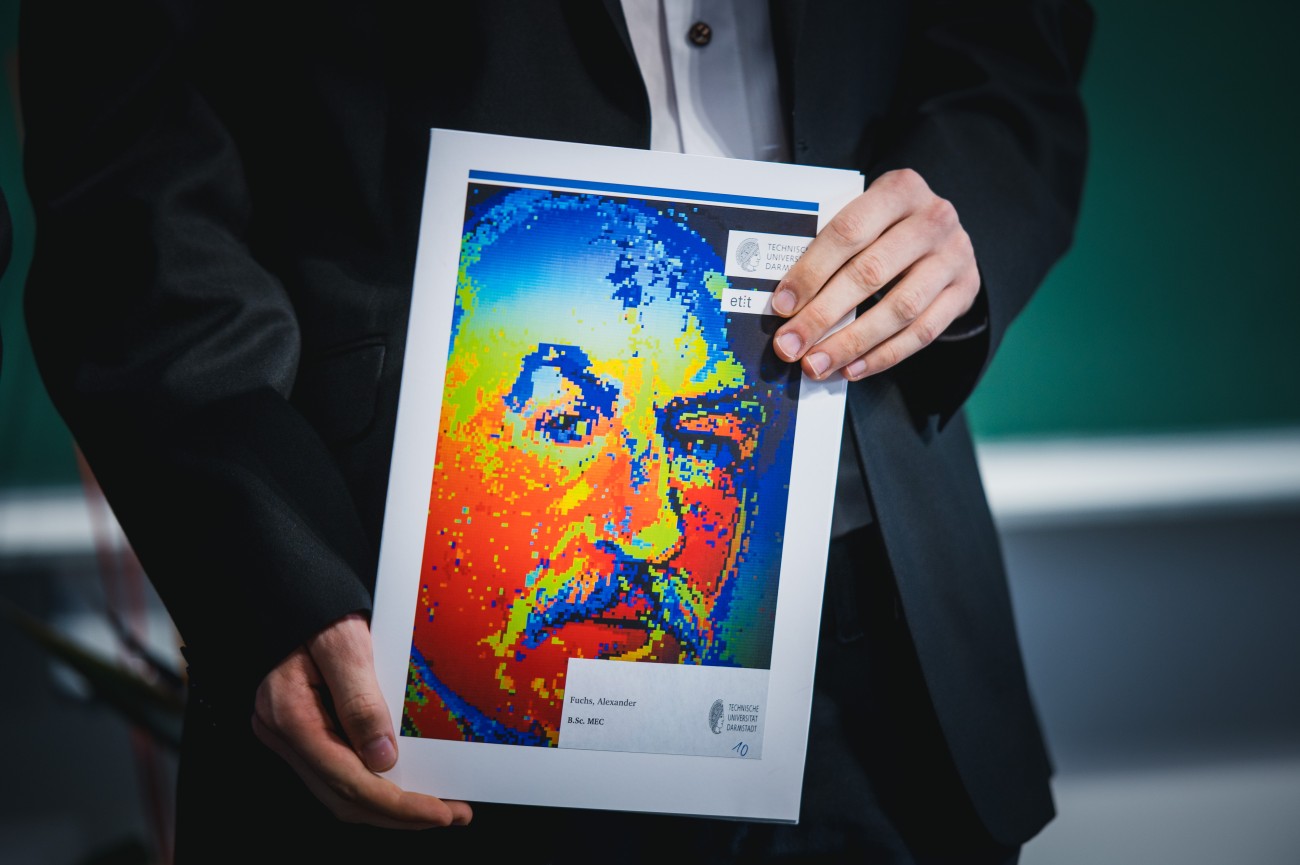Cortical Involvement in Human Locomotion: Effects of Gait Speed and Load-Carrying on Neural Control
Master thesis
Understanding how the brain regulates human locomotion under varying conditions is essential for advancing both neuroscience and assistive technologies. While rhythmic aspects of walking are largely managed by sub-cortical structures, changes in walking demand (such as adjusting speed or carrying a load) may require increased cortical involvement. However, the extent and nature of this cortical contribution remain unclear. By investigating how cortical activity changes with locomotion demand, this study aims to uncover the brain’s role in gait modulation. These insights are not only fundamental for understanding human motor control but also crucial for designing adaptive assistive devices, such as exoskeletons or prostheses, that respond intelligently to users' physiological and neural states.



